ASF – A closer look at antiviral means
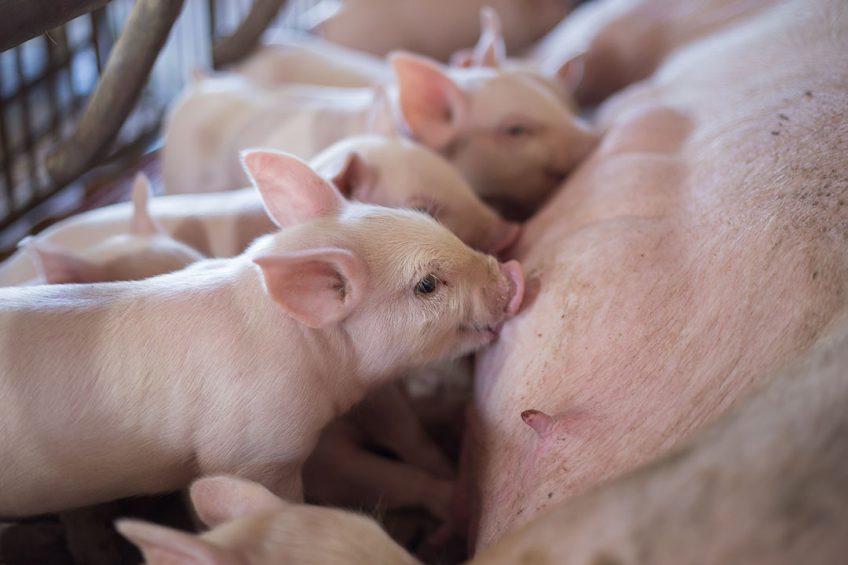
With the major outbreak in China and further spread to other Asian countries like Vietnam, African Swine Fever (ASF) is seriously threatening the global pig industry. Although feed additives will not solve the emerging problems with ASF, they are a useful tool to improve the immune status of the animal.
The highly contagious viral disease, ASF, has already caused the death and culling of millions of pigs. As a result, stocks are shrinking and pork prices are rising. The decreasing sow population will cause future supply problems. Animal health experts expect the disease to rapidly spread further. The fact that the virus remains latent in the environment for a long time, makes the outbreak hard to control. Moreover, the ASF virus is able to spread through complex and varied means; via infectious domestic pigs and wild boars, contaminated carcasses, food waste and contaminated vehicles or equipment . In Asia, backyard farming, swill feeding and poor biosecurity also play a significant role.
Antiviral opportunities
Viruses are difficult to fight with medication. This is due to the fact that viruses are multiplied by the host cells using their machinery. They are also highly variable due to mutations and a rapid lifecycle. Some of them, like the ASF and PRRS virus, are covered with a fat-envelope, which is almost identical to the membranes of the host cells, making them hard to target. Because of these limitations, prevention of contamination still is the best way to prevent the spread of viruses. But there is hope. Over the last decades, research has provided many new insights in the field of antiviral means. Effective vaccines were developed against various viruses in both animals and humans, like HIV and hepatitis, for example. Although a vaccine against ASF is not yet commercially available, experimental vaccines look promising. Also in the field of feed additives, it is interesting to take a closer look at some recent developments.
Direct attack: Next to their well-documented antibacterial effects, alpha-monoglycerides, and especially alpha-monolaurin (C12), also possess antiviral properties, especially against fat-enveloped viruses. They are found to affect the viral envelope, causing leakage and, at higher concentrations, a complete disintegration of the envelope and the viral particles. These alpha-monoglycerides are specific molecules in which a fatty acid is attached to the first, usually called alpha, carbon of a glycerol molecule. Scientific literature suggests that the effect of alpha-monoglycerides, like alpha-monolaurin, is much stronger compared to the corresponding free fatty acids.
Lymphatic transport: The lymphatic system is the principle systemic transport pathway for B and T lymphocytes. As such it has been suggested that immunomodulatory compounds may be more effective when absorbed via the lymphatic route. Alpha-monolaurin is thought to be such an immunomodulatory compound. In a study of Sigalet and Martin (1999), conducted with rats, the amount of lauric acid absorbed via the lymphatics was approximately four times higher compared to the absorption via the portal vein.
Hence, lauric acid is preferentially transported via the lymphatic system. Framelco has strong indications that the same applies for the monoglyceride of lauric acid, as alpha-monolaurin was found in blood samples of pigs treated with alpha-monolaurin. If the alpha-monolaurin would go via the hepatic portal vein, the liver would have broken down alpha-monolaurin directly and it would not be possible to find the supplemented alpha-monolaurin in the blood.
Anti-inflammatory effects: If pathogenic pressure is high, a proper immune response is desirable. However, in case of small challenges an overreaction should be avoided in order to save energy for growth. Anti-inflammatory compounds could help reduce the negative impact of pro-inflammatory processes. At the Belgium University KU Leuven, the anti-inflammatory properties of alpha-monolaurin and a combination of alpha-monocaprylin (C8) and alpha-monocaprin (C10) were tested by Framelco. Both products showed a clear reduction of the nitric oxide (NO) production of macrophage-like cells in vitro, indicating an anti-inflammatory effect (see Figure 1).
Figure 1 – Effect of alpha-monolaurin, a combination of alpha-monocaprylin and alpha-monocaprin and OTC (oxytetracyclin, control) on nitrogen oxide (NO) production by LPS challenged macrophage-like cells.
Also in literature the effect of alpha-monolaurin on the cytokine levels in experimentally infected laboratory animals have been demonstrated. It is believed that alpha-monolaurin has a modulatory impact on the host inflammatory responses and that it supports the elimination of infections.
Boost your vaccination strategy: A new remarkable effect of alpha-monolaurin was recently discovered at a renowned Pakistani university. Results might implicate an improved efficacy of the vaccination programme and a better protection against the viruses when receiving alpha-monolaurin (FRA C12 Liquid of Framelco). Figure 2 shows that the highest amount of antibodies against viruses causing Newcastle Disease (a) and Infectious Bronchitis (b) was found in the group with the highest dose level of alpha-monolaurin (group D). However, more research is needed to investigate the precise working mechanisms behind this.
Role of alpha-monolaurin
Products based on alpha-monolaurin, are gaining popularity against viral diseases. This is mainly due to the positive effects of alpha-monolaurin, with its unique molecular structure, on the animal’s immune response, thereby reducing the risks of secondary bacterial infections and reducing the negative impact of infections on growth performance. More research will be conducted to understand how alpha-monolaurin is able to support the animal in case of viral challenges, focusing on immunomodulatory properties of the molecule.
References available on request
Author: R&D Team, Framelco
 Beheer
Beheer


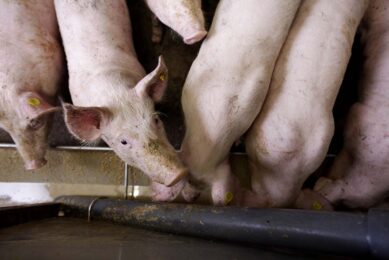
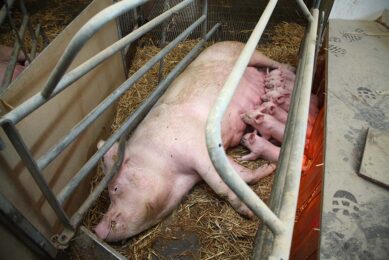
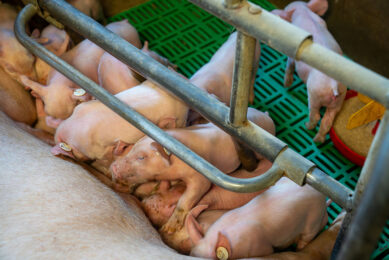
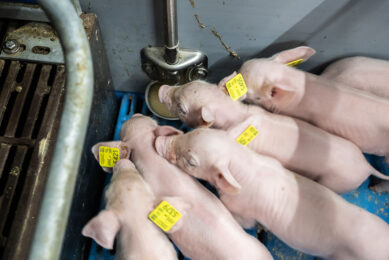



 WP Admin
WP Admin  Bewerk bericht
Bewerk bericht